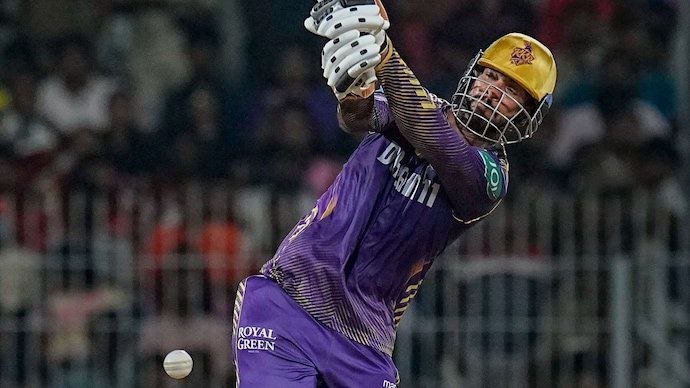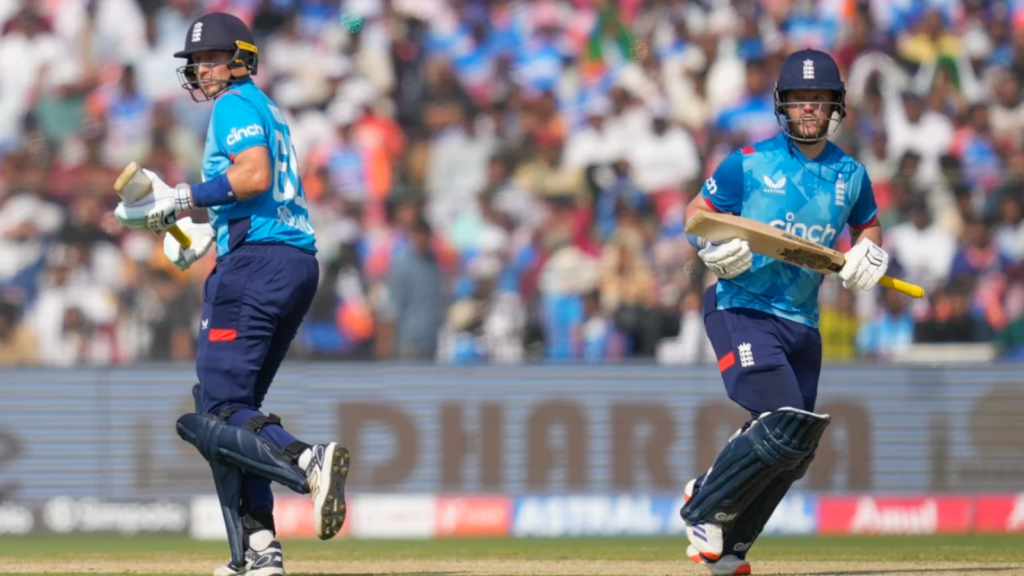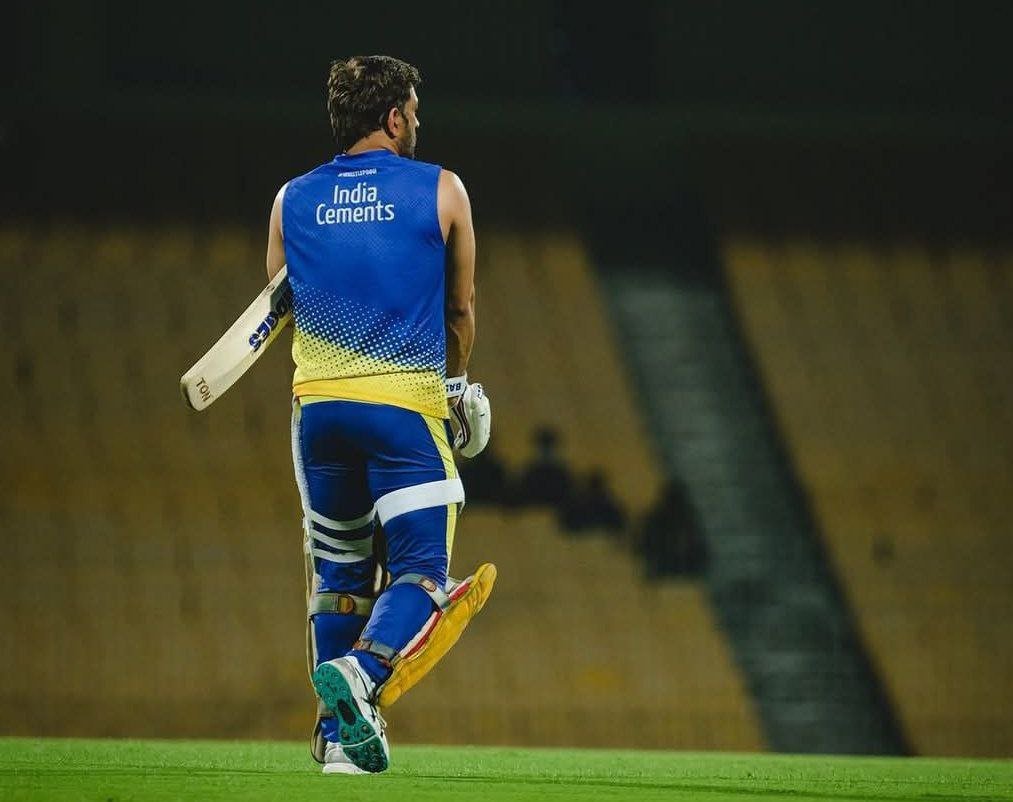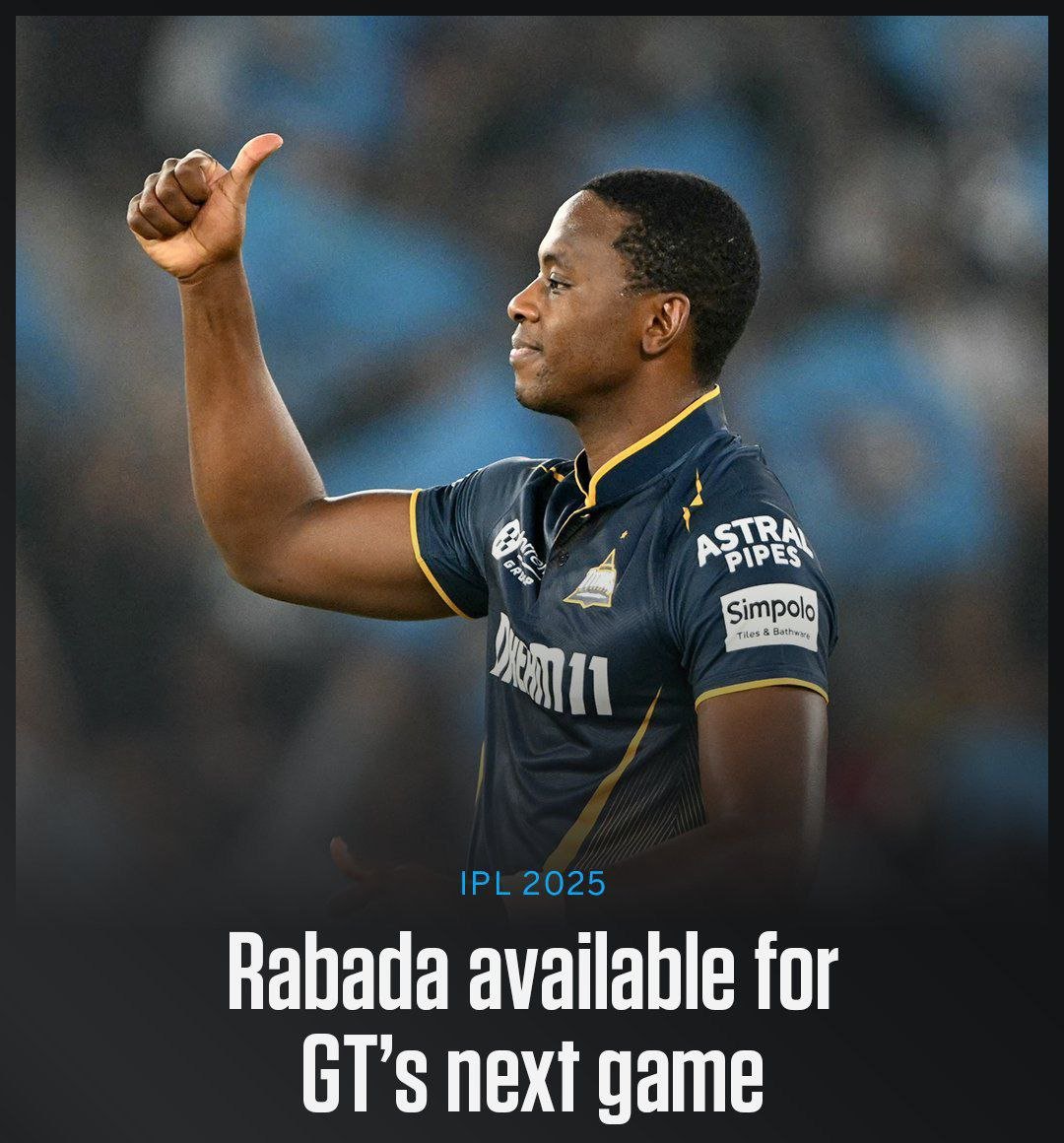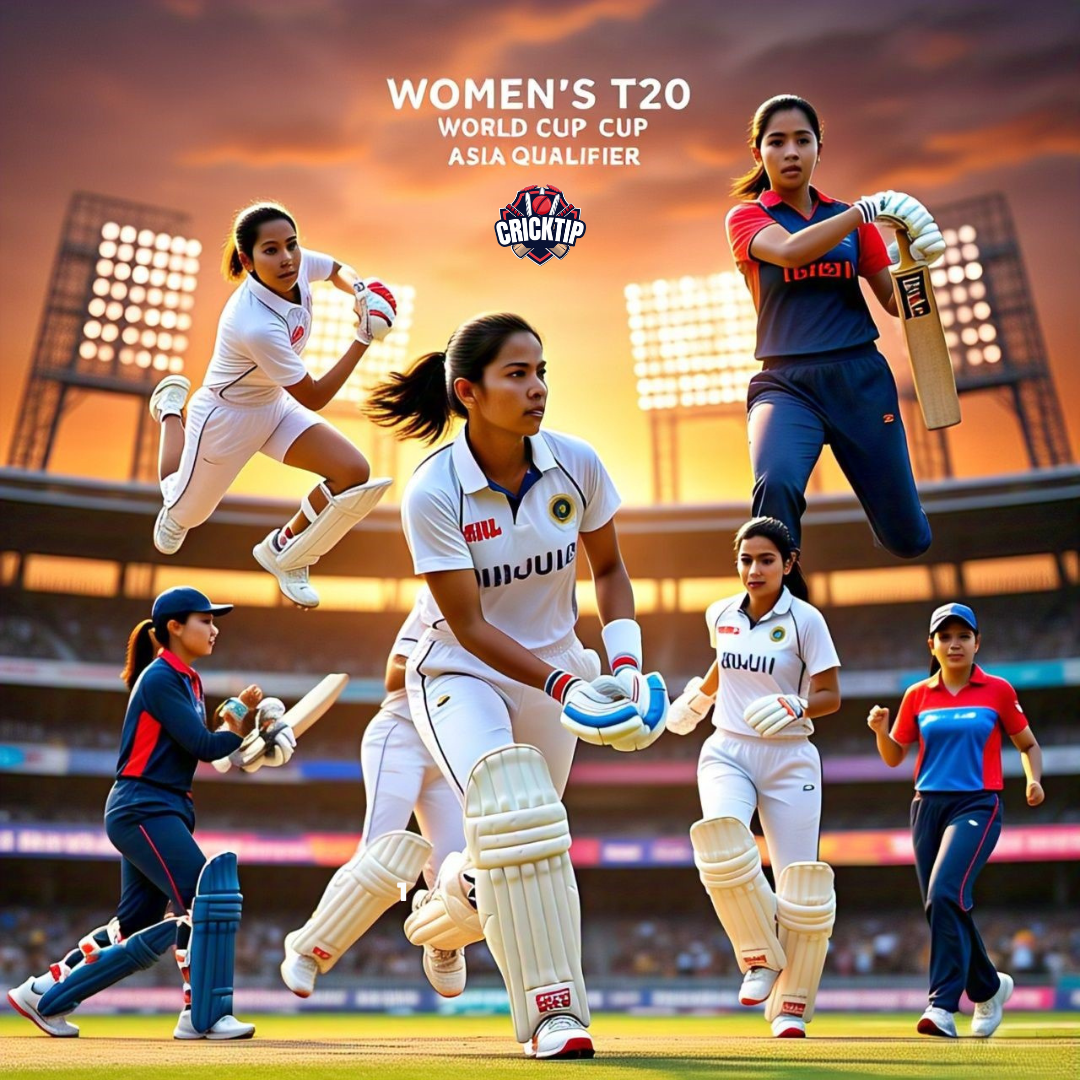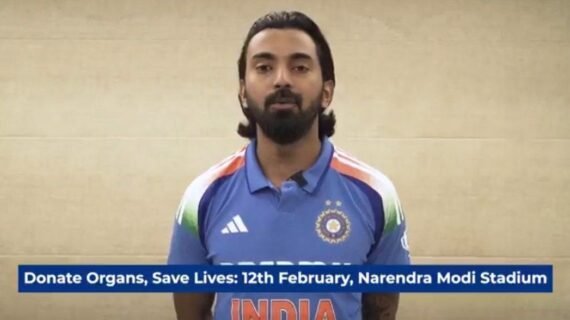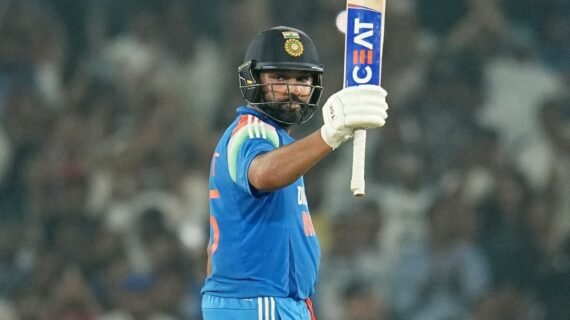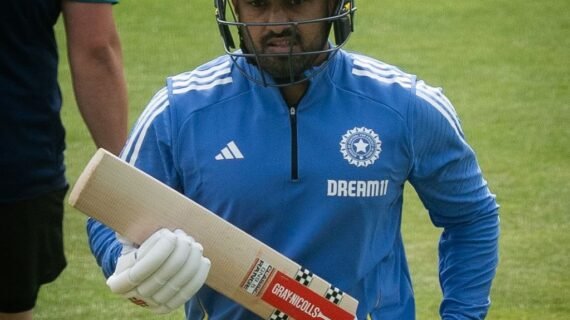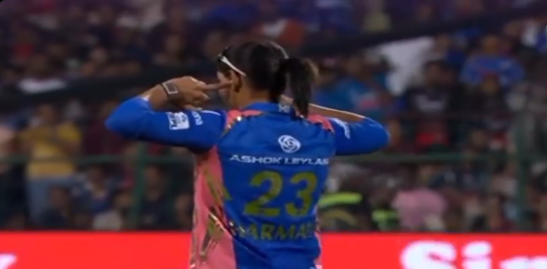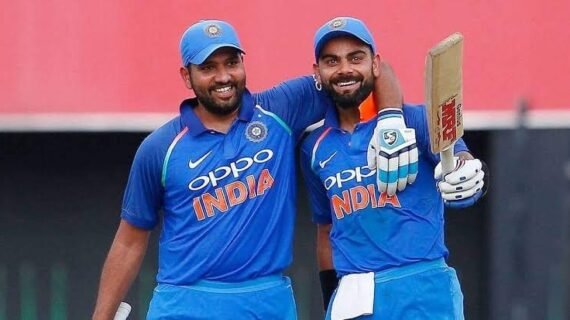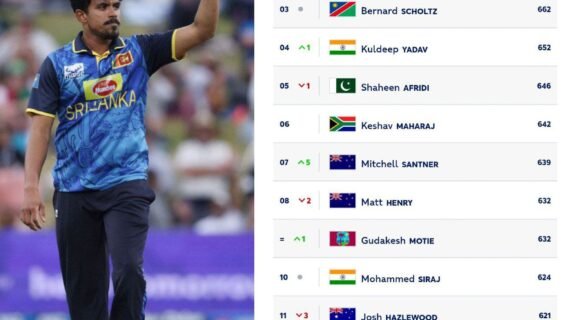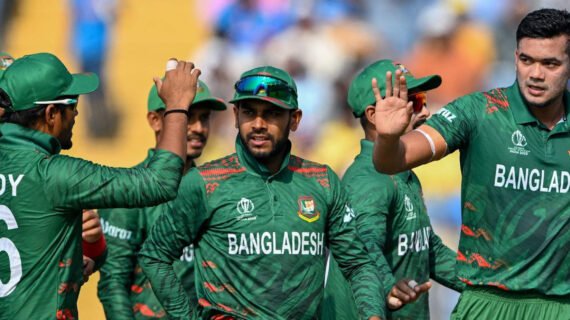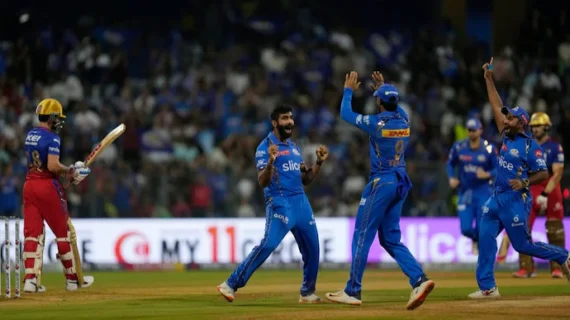Now Reading: Rohit Sharma Slams Indian Commentators for Negative Bias: “It’s Very Disappointing”
-
01
Rohit Sharma Slams Indian Commentators for Negative Bias: “It’s Very Disappointing”
Rohit Sharma Slams Indian Commentators for Negative Bias: “It’s Very Disappointing”
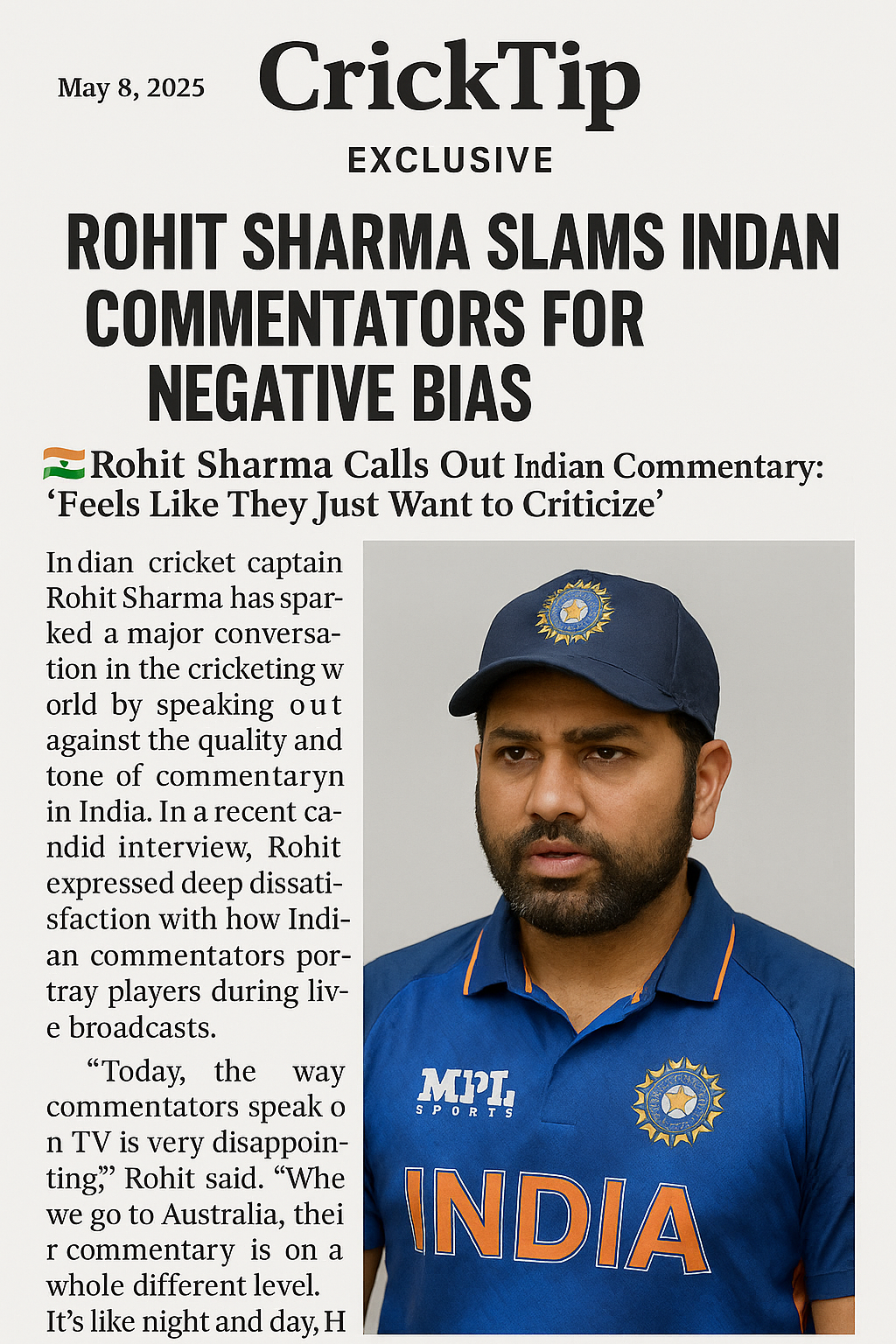
Indian Captain Draws Stark Contrast Between Indian and Australian Commentary Standards
In a candid and hard-hitting statement, Indian cricket team captain Rohit Sharma has openly criticized the quality and tone of commentary in Indian cricket broadcasts. He expressed deep disappointment over what he perceives as a negative and biased approach by Indian commentators, especially when compared to the more professional and balanced style seen in countries like Australia.
“It’s Very Disappointing” – Rohit Sharma Voices Frustration
Speaking to the media, Sharma did not hold back in expressing his concern about the current state of cricket commentary in India.
“Today, the way commentators speak on TV is very disappointing,” he remarked. “When we go to Australia, their commentary is on a whole different level. It’s like night and day.”
The Indian skipper pointed out that instead of offering insights and enhancing the viewer experience, many Indian commentators seem focused on criticizing players, often unnecessarily.
Indian Commentary: Criticism Over Constructiveness?
Rohit’s comments have reignited the long-standing debate about the tone and quality of cricket commentary in India. Many fans have echoed similar sentiments on social media, pointing out that Indian broadcasters often indulge in excessive criticism or sensationalism, especially when a player is underperforming.
“Here in India, it feels like commentators’ goal is just to pick on a player and talk negatively about the player,” Rohit added, suggesting a lack of empathy and understanding from those behind the mic.
Praise for Australian Commentary Style
In contrast, Sharma praised the commentary standards in Australia, emphasizing how their approach contributes positively to the sport and respects the efforts of the players.
Australian commentary teams, featuring legends like Ricky Ponting, Adam Gilchrist, and Ian Healy, are often applauded for their insightful analysis, balanced tone, and deep understanding of the game. Their focus tends to remain on strategies, match dynamics, and constructive criticism rather than personal judgments.
Call for Professionalism and Constructive Analysis
Rohit Sharma’s criticism can be seen as a call for Indian commentary teams to elevate their standards and adopt a more professional and respectful approach. Players, especially at the highest level, operate under immense pressure, and constant negativity from commentators can affect morale and public perception.
Fan Reactions: Mixed but Thought-Provoking
Sharma’s comments have sparked a mixed reaction on social media. While many fans and experts support his call for more mature commentary, others argue that constructive criticism is part of a commentator’s job. However, there is broad consensus that the tone and delivery need to be improved to avoid demoralizing players or spreading negativity.
Conclusion: Time for Change in the Commentary Box?
Rohit Sharma’s straightforward remarks highlight an important aspect of cricket broadcasting that is often overlooked. While commentary is meant to entertain and inform, it also shapes public opinion and player narratives. As cricket continues to evolve in the digital age, perhaps it’s time for Indian broadcasters to reassess their approach and bring more professionalism, balance, and positivity into the commentary box.
- Advantage Sample 1
- Disadvantage Sample 1











